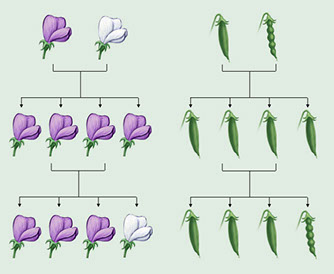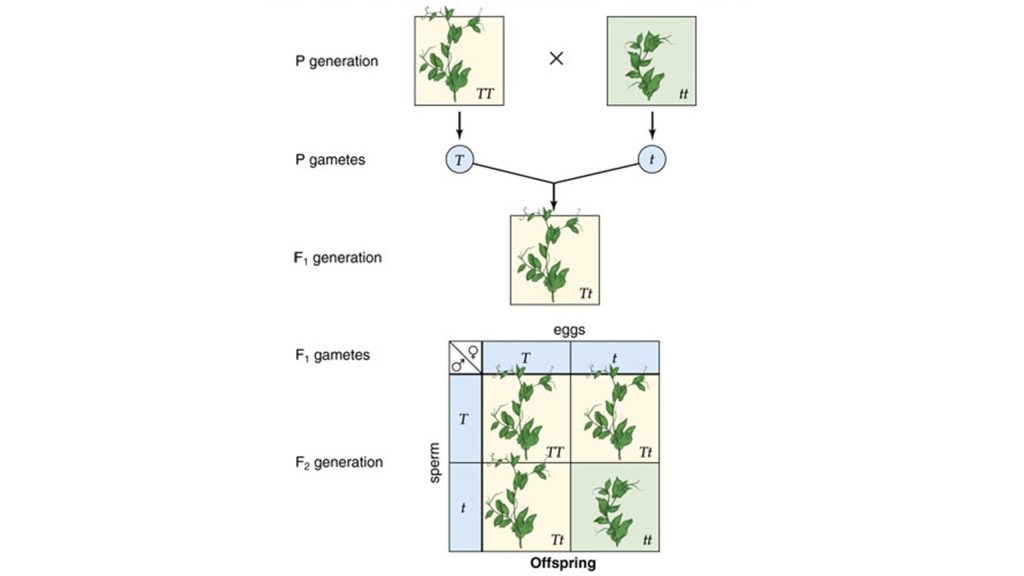
The first generation of plants that are self-pollinated will be genetically identical to the parent plant. This means that all of the offspring will be exact copies of the parent plant and will have the same genetic makeup. Self-pollination is the process of a plant transferring its own pollen to itself, without the help of other plants or insects. When self-pollinated plants produce offspring, there is little to no genetic variation, making them genetically identical to the parent plant.
The second generation of Mendel’s experiments focused on the traits of the F2 generation, or the offspring of the F1 generation. In this generation, Mendel studied the traits of the F2 generation in order to determine whether or not the traits were inherited from the parents. He was able to observe the ratios of the different traits in the F2 generation, which allowed him to formulate the laws of heredity and to determine the patterns of inheritance. Some of the main characteristics of the second generation of Mendel’s experiments include:

- The traits of the F2 generation were observed to be inherited from the parents, with certain traits being more dominant than others.
- The ratio of the different traits in the F2 generation was determined by Mendel, which allowed him to formulate the laws of heredity.
- The F2 generation was used to determine the patterns of inheritance and to study the effects of different combinations of genes on the offspring.
- Mendel observed that certain traits were more likely to be inherited than others, and that these traits could be inherited in different ways.
- The F2 generation was used to study the effects of environmental factors on the expression of traits.
polinated
